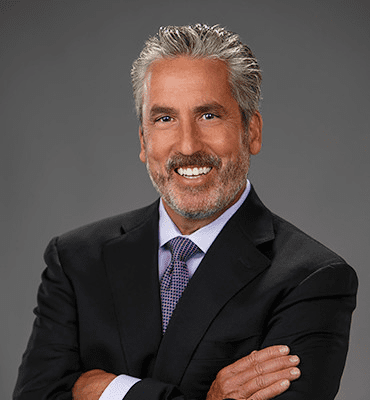Elucida Oncology, a clinical-stage biotech led by former Pfizer executive Geno Germano, has shut down, Endpoints News has learned.
The New Jersey startup was trying to take a different approach in the popular antibody-drug conjugate field. It was working on so-called “C’Dot-drug-conjugates” based on work out of Cornell University and Memorial Sloan Kettering Cancer Center. It believed that its drugs, using “ultra small” nanoparticles, could deliver more potency and have less toxicity than traditional ADCs.
But Elucida has now “permanently closed” due to a “lack of funding,” according to updates to two of the company’s studies on a federal clinical trials database.
One of the studies was testing Elucida’s drug ELU001 in patients with solid tumors overexpressing folate receptor alpha. That Phase 1/2 trial began in September 2021 and ended in June after enrolling 79 people, according to the database. Meanwhile, Elucida withdrew a Phase 1 of the drug in pediatric patients with certain forms of acute myeloid leukemia. No patients were ever enrolled in the pediatric study.
Germano and the company couldn’t immediately be reached by Endpoints.
 Geno Germano
Geno GermanoGermano, who is chairman of Sage Therapeutics, left Elucida in June, according to his LinkedIn. The biotech’s chief financial officer, Ramzi Benamar, also left in June and has now taken on the same post at late-stage sleep apnea biotech Apnimed. Its prior CFO, Ian Somaiya, has been leading finances at NewAmsterdam Pharma for the past year.
Elucida had positioned its drugs as being able to get deeper into tumors with a higher payload than the rest of the space.
“Unlike the ADCs, we’re not seeing the off-target toxicities, including lung toxicities or ocular toxicities, or liver or kidney, etc.,” Germano told Endpoints in June 2023. “Our product tends to circulate in the bloodstream, accumulate in the tumor and then clear the bloodstream through the kidneys without really appreciable uptake into any healthy tissues.”
It had raised roughly $75 million as of last year, and had been seeking to raise additional capital through a Series B round. It’s not clear what happened with those efforts.
It also had several compounds in preclinical development, and had considered plans in radiotherapy — another burgeoning area for the oncology drug development field. At the time of the June 2023 interview, Somaiya said the company saw a future partnership for its radiotherapy work. Its platform had been developed for diagnostics, but could be repositioned for radiotherapy, the former CFO said.
“That would occur through a partnership with a company because it’s just a very different business model,” Somaiya said at the time.
Alex Hoffman contributed reporting.